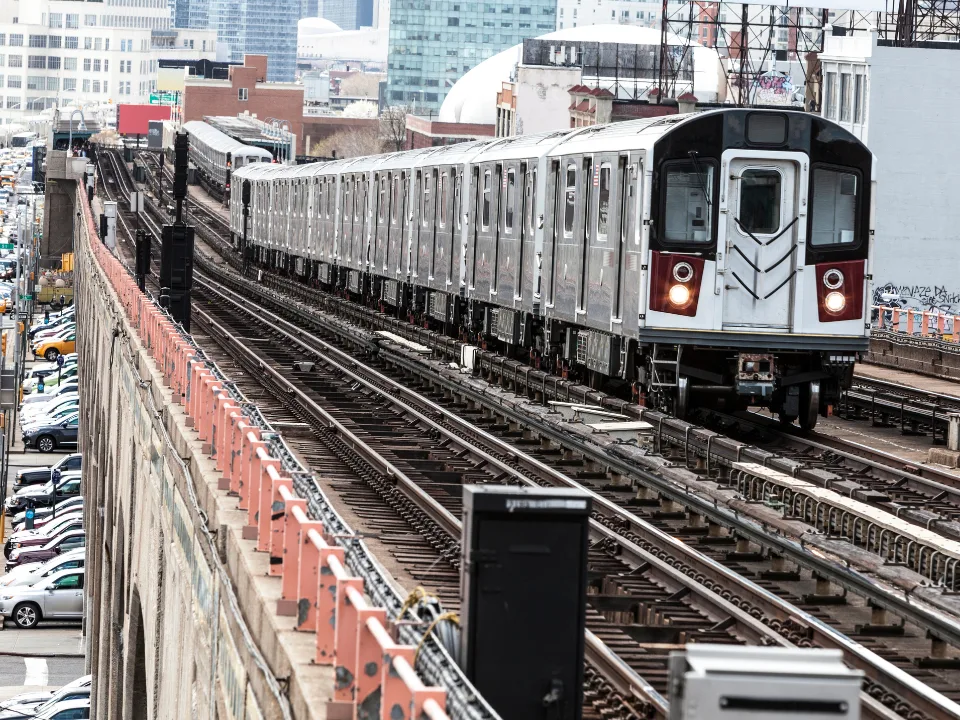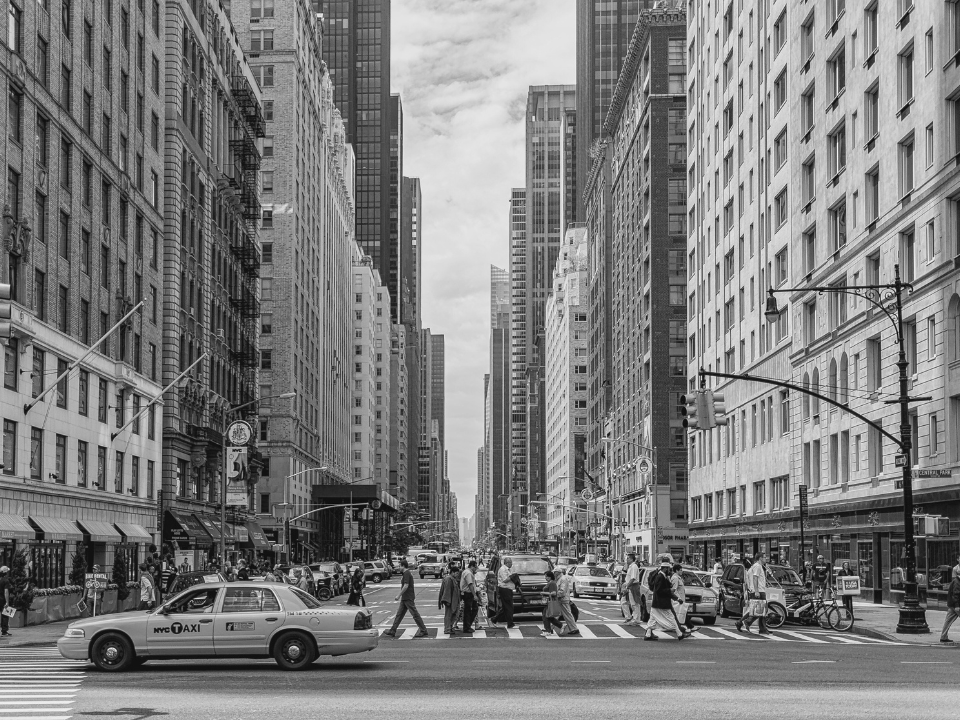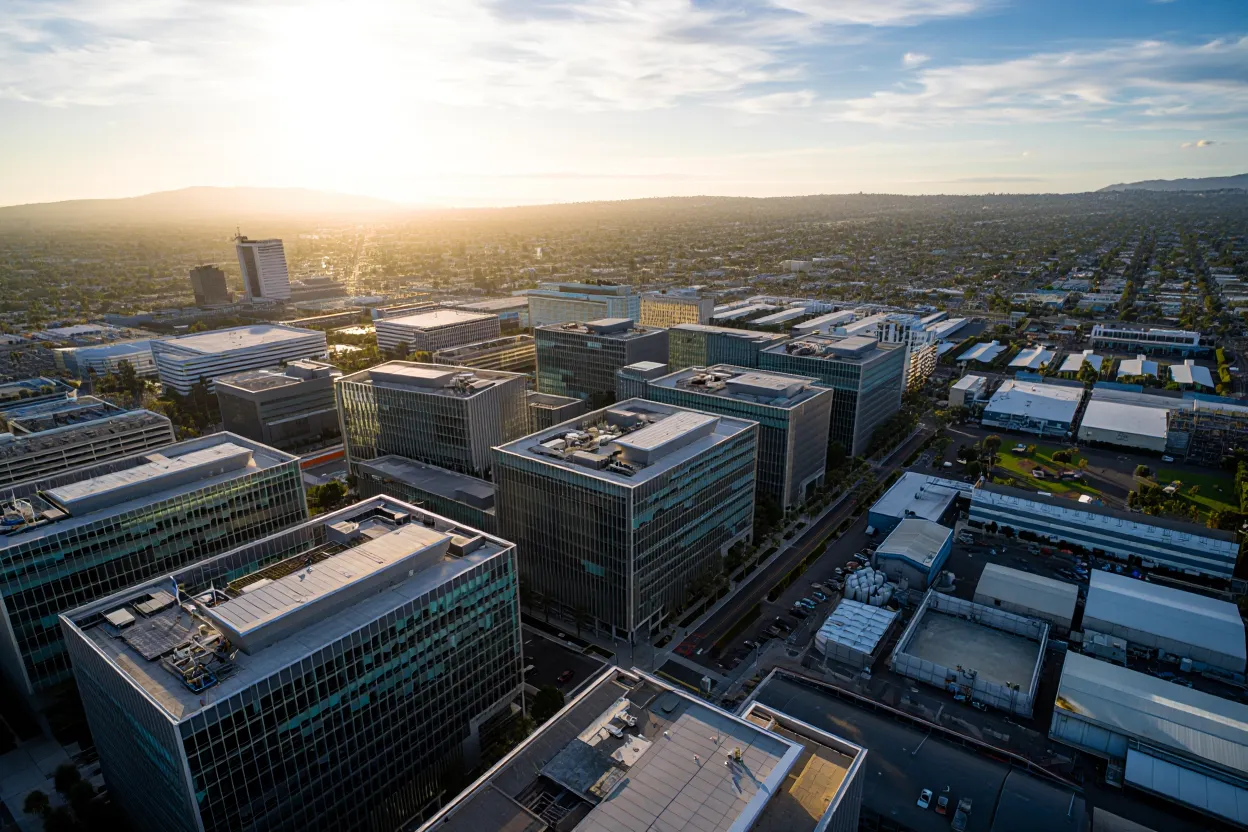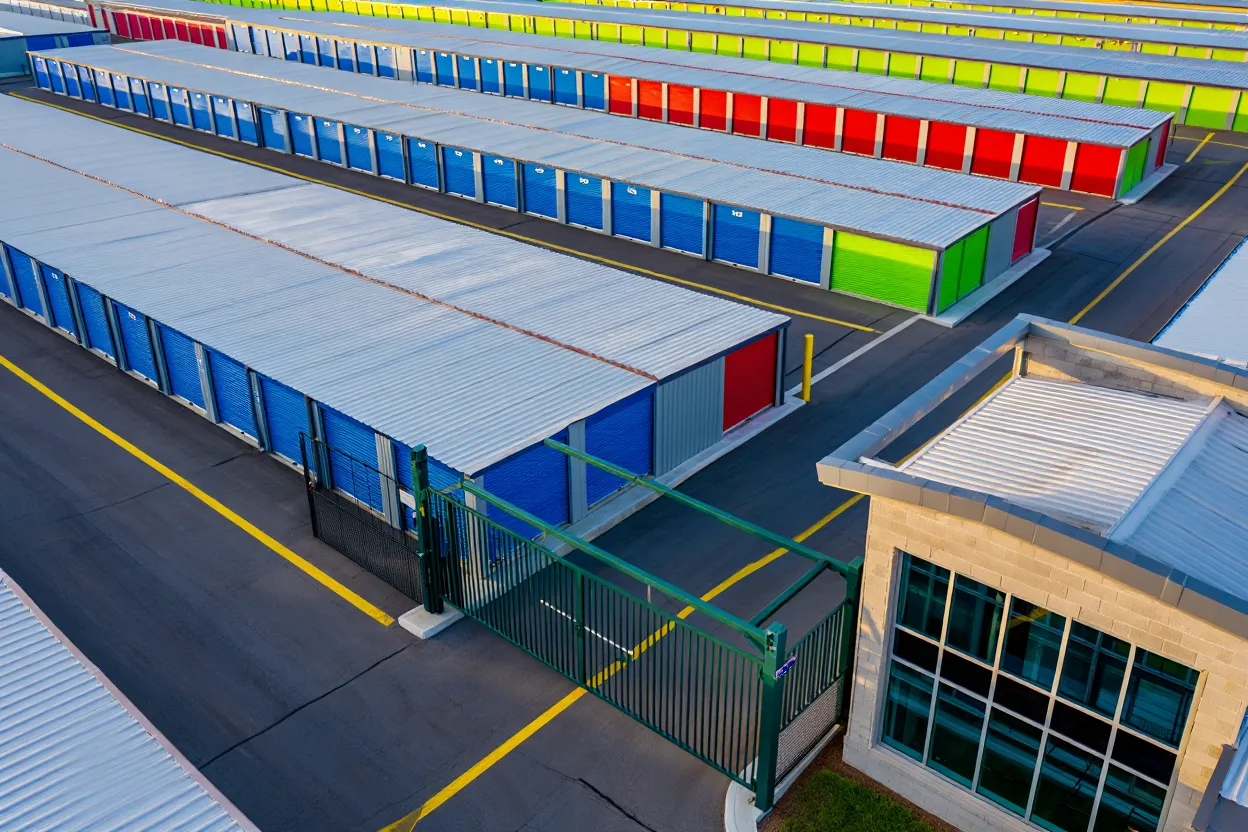- NYC apartment construction has slowed down, with May marking the lowest number of multifamily permits filed in a decade.
- A rental vacancy rate of just 1.4% has driven rents and housing costs to new highs, worsening the affordability crisis.
- The expiration of a key tax incentive, combined with high interest rates, has led to significant delays and cancellations.
The NYC housing market is facing an unprecedented crunch, with apartment construction grinding to a halt and vacancy rates at historic lows, as reported on Bloomberg. The city’s efforts to address the crisis are being stymied by high borrowing costs and the end of crucial tax incentives for developers.
Fewer Permits
nyc developers filed only 36 permits for multifamily buildings, the lowest monthly count for the month of May in a decade (excluding the pandemic lockdowns).
A major factor behind the slowdown was the expired 421-a tax incentive, which spurred the construction of affordable housing units in prior years. The new 485-x tax provision has not yet proven effective in motivating developers, leading to stalled projects and fewer affordable options.
This is already affecting planned developments in key areas like Williamsburg and Astoria, where proposals are being reworked to exclude previously planned affordable housing.
Moving Mountains
The housing shortage threatens to price out all but the wealthiest New Yorkers, potentially destabilizing the city’s economy. The shift to remote work is already straining the commercial market, and the MTA is feeling the impact as middle-income families move further away from the city center.
Both state and city officials are anxiously seeking solutions to the city’s longstanding housing crisis:
- Governor Kathy Hochul’s recent budget includes new tax breaks and incentives for converting commercial buildings to residential use.
- Mayor Eric Adams has proposed zoning changes to facilitate more housing development across all neighborhoods.
However, these measures face challenges in implementation and acceptance among developers.
Experts argue that NYC needs a multi-faceted approach to solve its housing crisis. This includes government subsidies, regulatory reforms, and new housing types. Converting commercial spaces into residential units is one promising avenue, but it requires substantial investment and coordination.
Why It Matters
NYC’s rental housing market is at a critical juncture. Without significant changes and innovative solutions, the city risks deepening its housing crisis, further exacerbating affordability issues, and pushing out more residents.
















